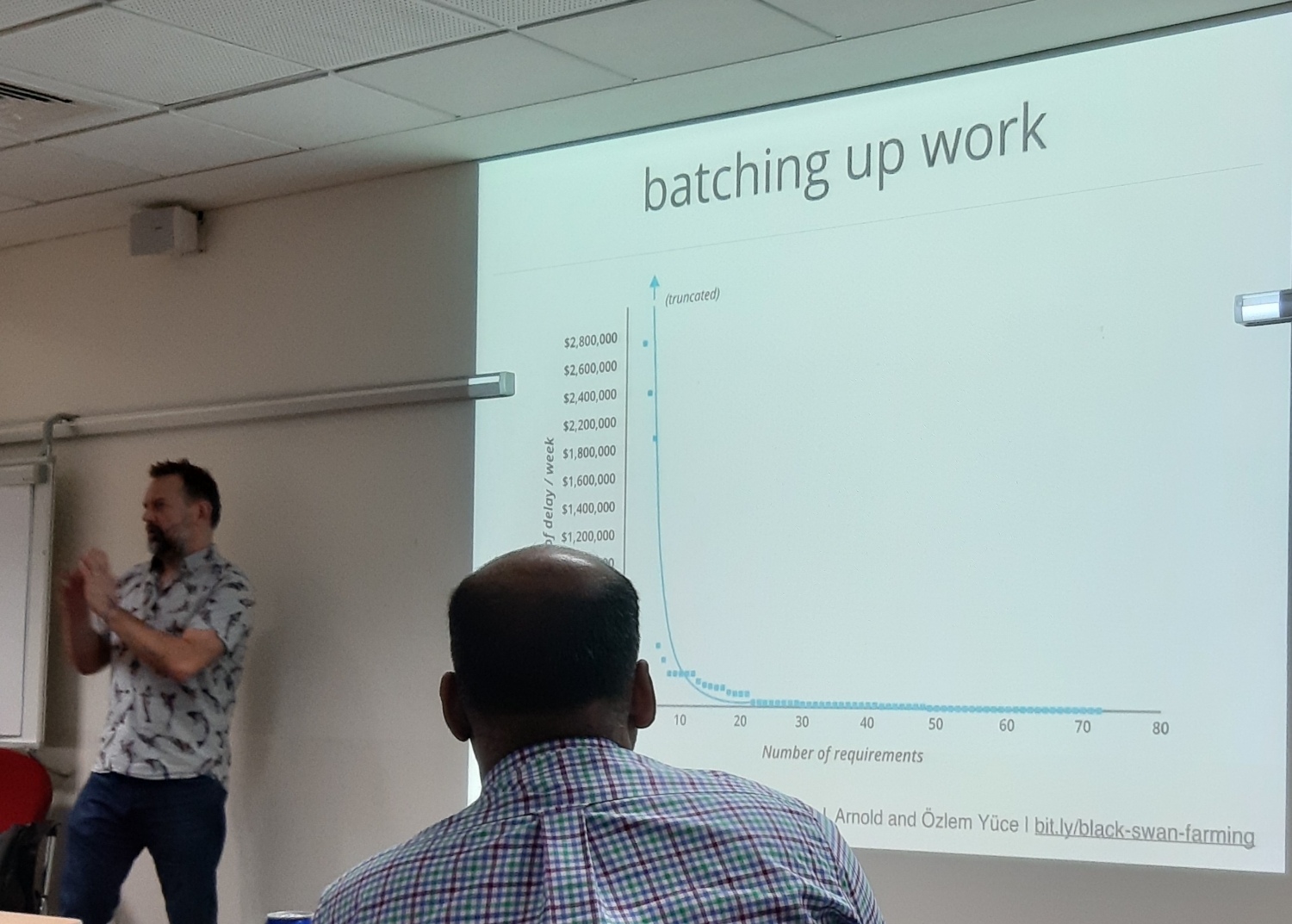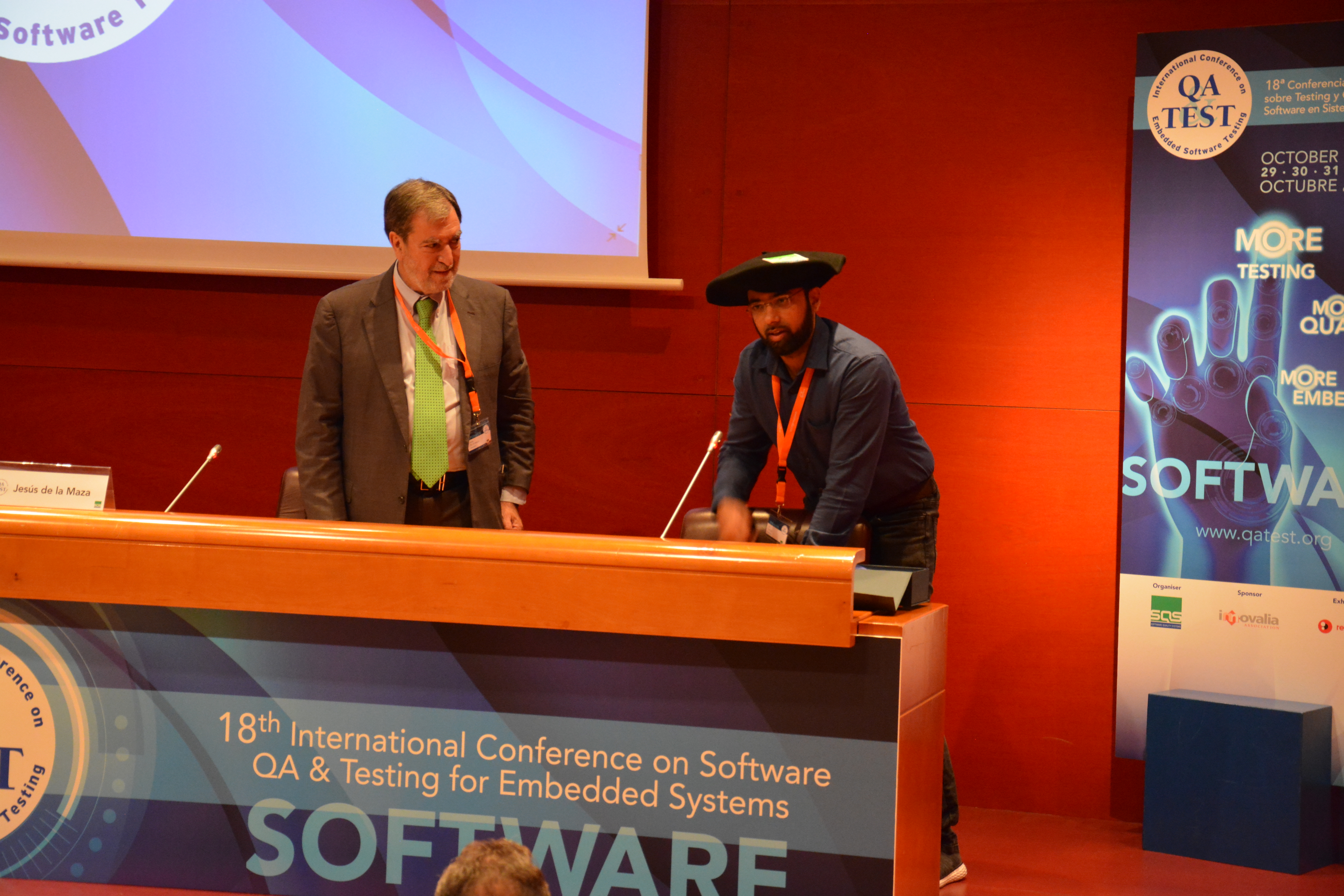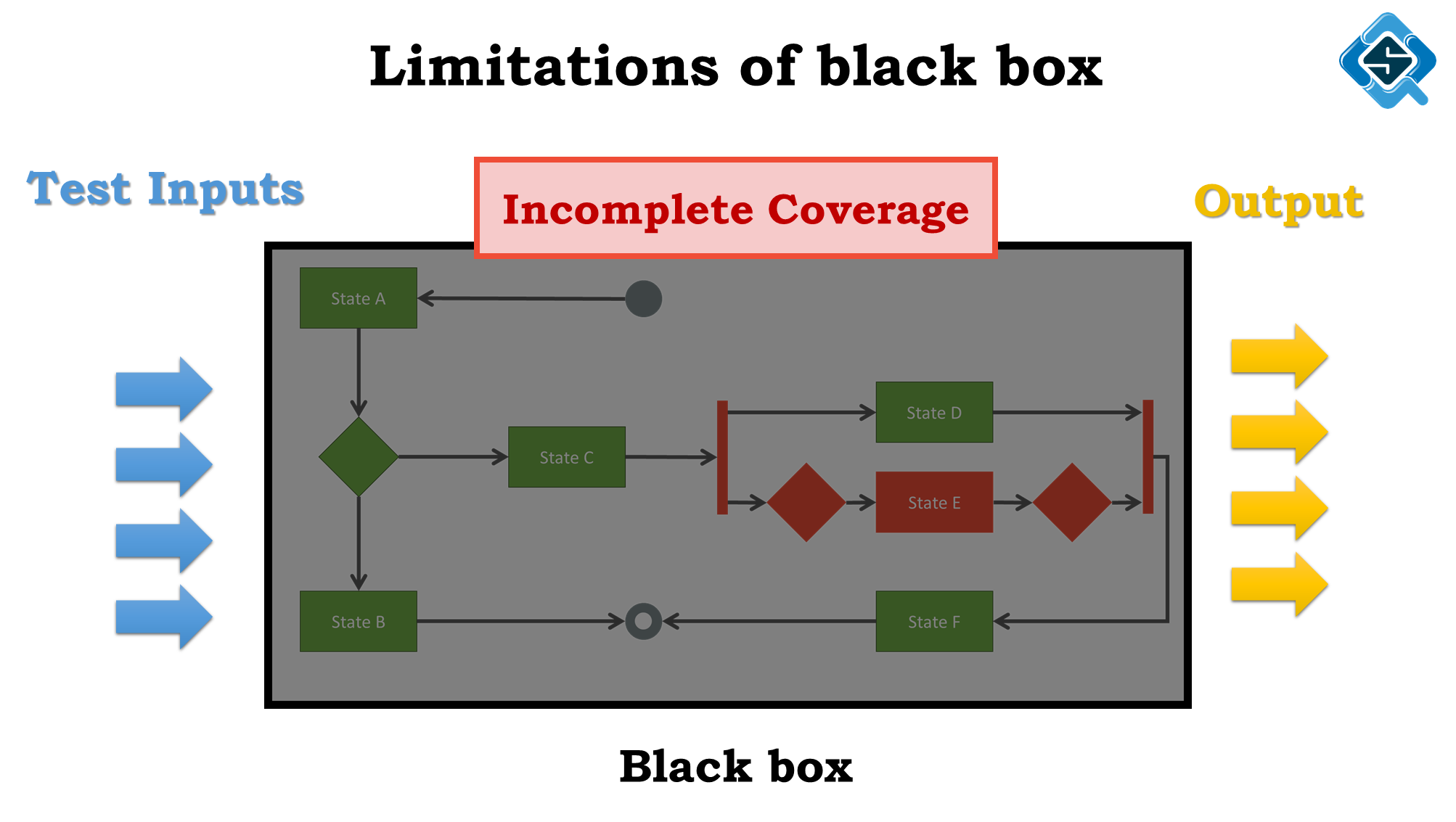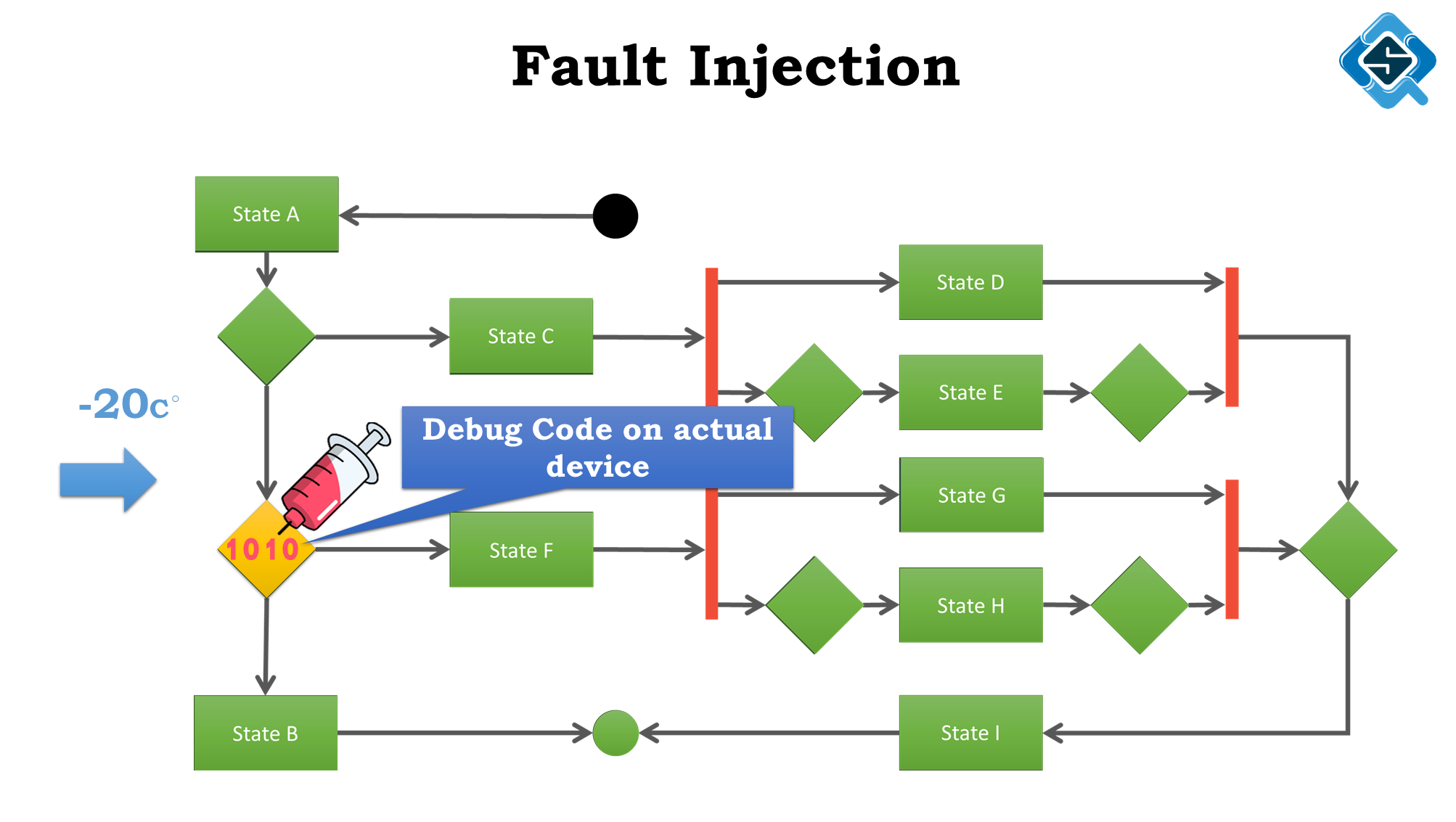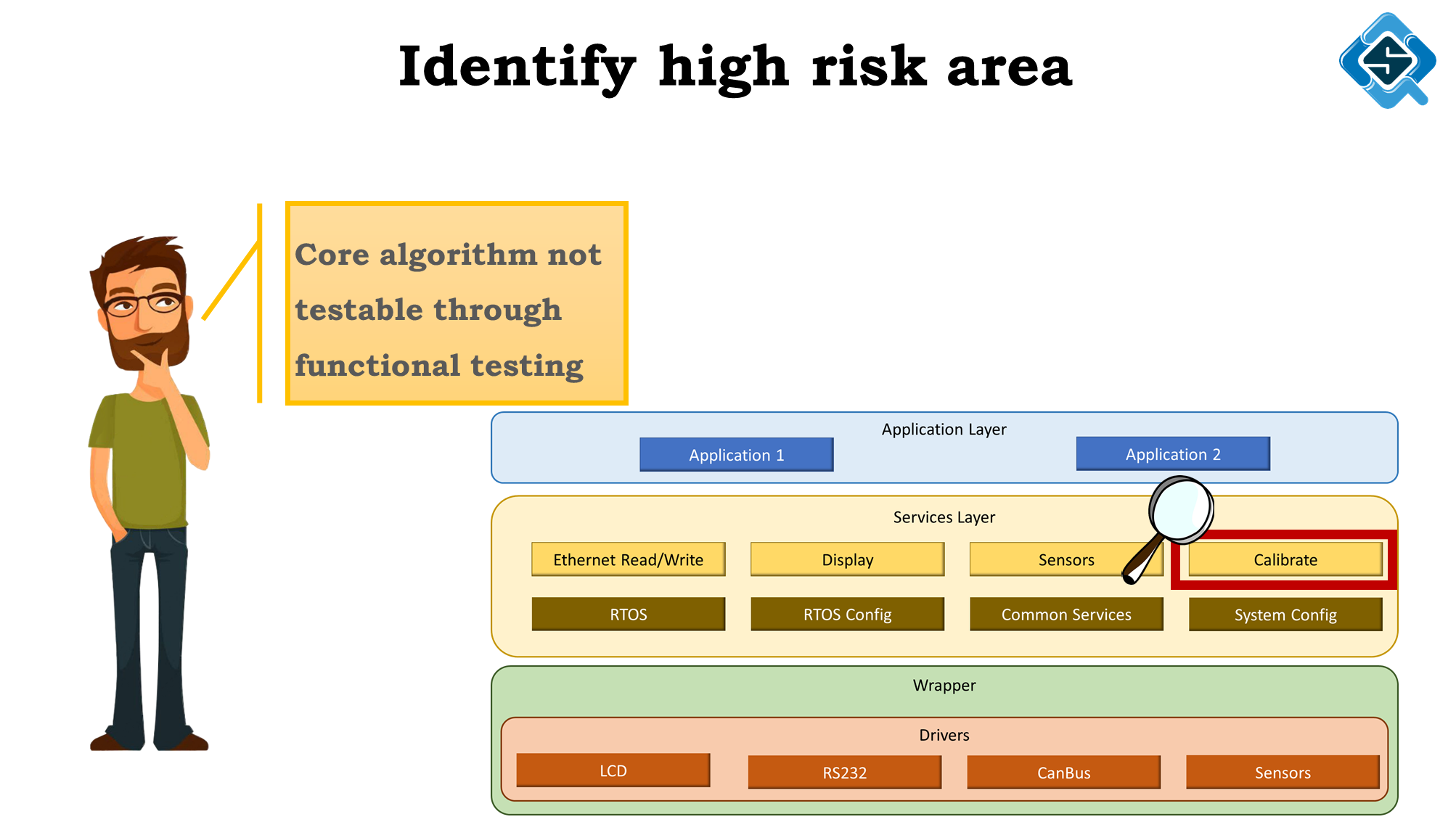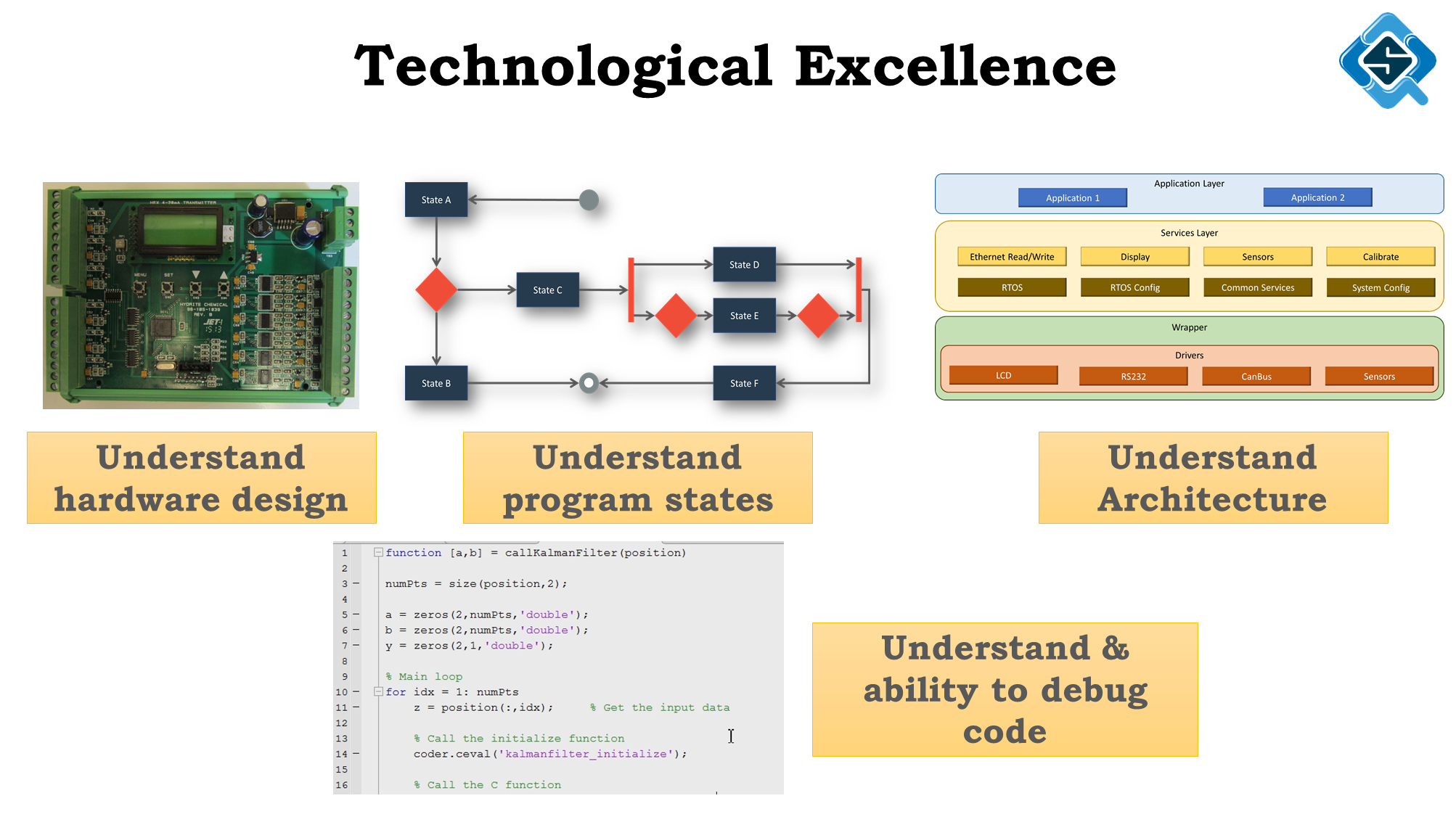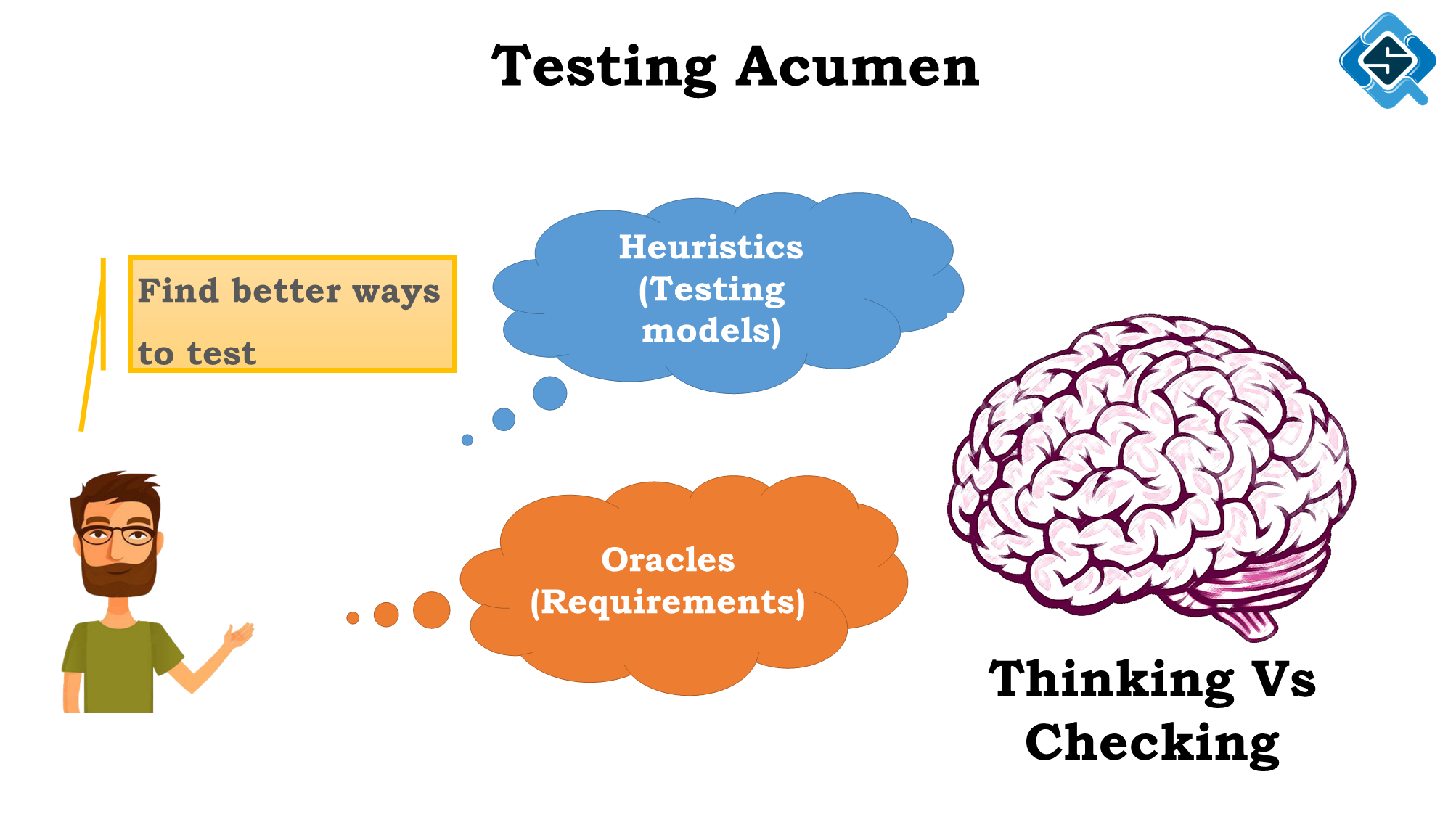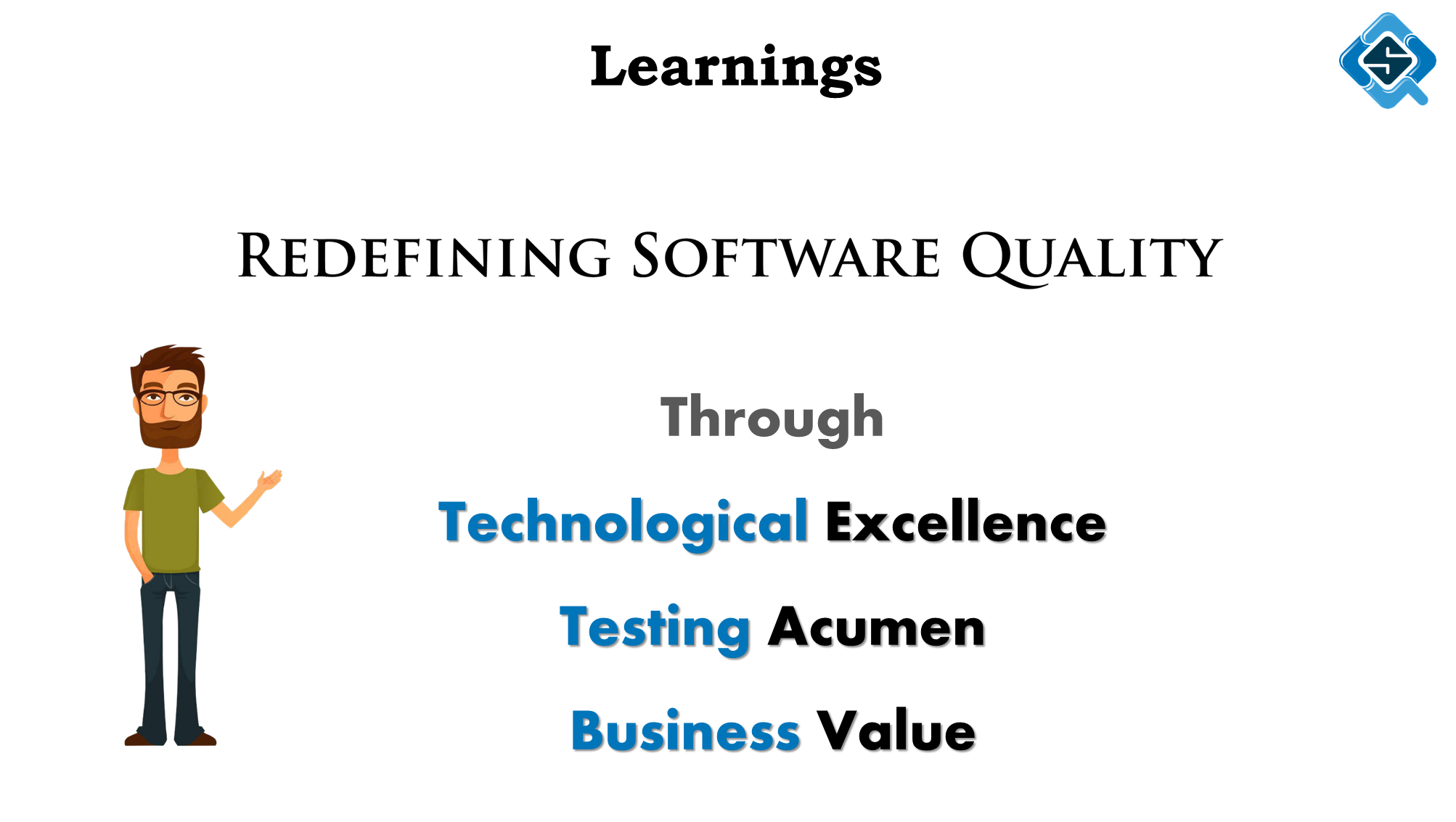How to become a well paid tester?
How to become a ‘well paid’ tester?
I call it “The next generation” tester and here are the main skills…
Quality Engineering
– Agile practices and DevOps culture
– Ability to match testing goals with product’s goals
– Figuring out KPIs / OKRs which help ‘deliver value’
– Enterprise & Vendor management
Testing
– Risk based testing
– Defining a practical, efficient and effective test strategy
– BDD practices
– Context driven testing
Automation in test
– Algorithm design aptitude and programming proficiency
– Automation framework design
– API / UI / Mobile Automation
– OAT (Performance and security basics)
Continuous Integration
– Branching & merging
– CI tools (Jenkins / M. Azure)
– Provisioning environments Containers / VM / Cloud)
Technical Leadership- Technical acumen
– Team leadership
– Collaborating with architects- Thought leadership
Details of each in the linked article
#RedefiningSoftwareQuality #NextGenerationTester #TestersGoingTechnical


